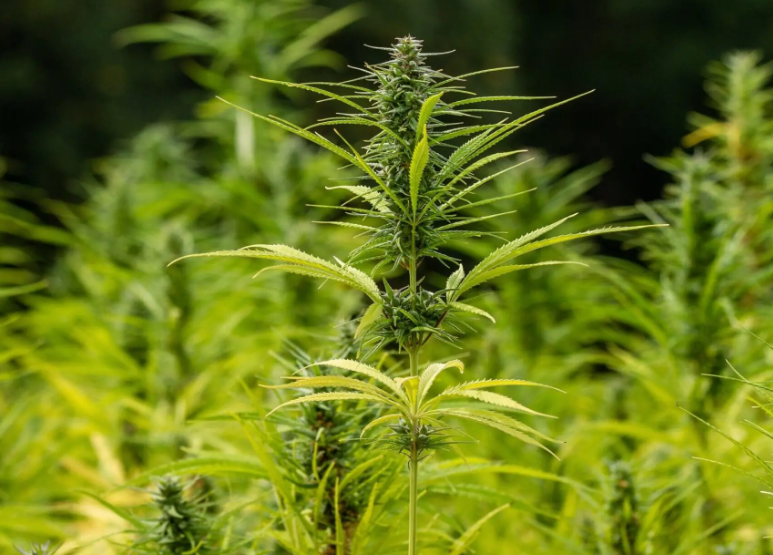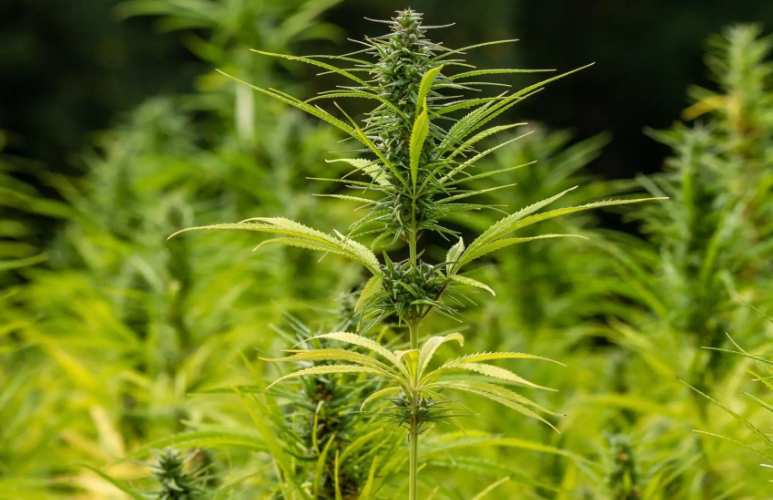President Trump’s inner circle is split on a hot-button issue that could reshape America’s drug laws. Longtime advisor Roger Stone is pushing hard for marijuana rescheduling, while former press secretary Sean Spicer doubts it’ll happen. This debate comes as the administration weighs big changes, sparking curiosity about Trump’s next move on cannabis policy.
Stone’s Strong Case for Reform
Roger Stone, a veteran political operative who’s advised Trump for years, recently penned an op-ed urging the president to reschedule marijuana. He argues it’s a smart step toward full descheduling, aligning federal rules with what most Americans want. Stone points out that cannabis is already legal for medical use in many states, and rescheduling could boost patient rights and job protections.
In a fresh interview on The Sean Spicer Show, Stone doubled down on his views. He believes Trump will follow through, citing the president’s past nods to reform. Stone sees rescheduling as a way to regulate safe use and cut down on black-market dangers. This isn’t new for Stone; he’s long supported cannabis changes, even sharing stories of how it helped his father battle cancer by easing pain and sparking appetite.
Public support backs Stone’s push. A 2023 Gallup poll showed 70% of Americans favor legalizing marijuana, up from just 12% in 1969. Stone ties this to broader freedoms, warning that outdated Schedule I status lumps cannabis with heroin, ignoring its medical benefits.
Stone’s enthusiasm isn’t isolated. He often highlights state-level successes, like Florida’s push for legalization, which Trump has endorsed.

Spicer’s Doubts and Trump’s Personal Views
On the flip side, Sean Spicer isn’t buying into the hype. During the same show, he reminded listeners of Trump’s strict personal code: no drugs, no alcohol, no smoking, no tattoos. Spicer argues this philosophy makes major cannabis shifts unlikely under the current administration.
Spicer, who served as Trump’s press secretary, bases his skepticism on direct knowledge of the president’s habits. He notes Trump has been consistent in avoiding substances, influencing his policy leanings. This personal stance could block rescheduling, even as public pressure builds.
Yet Spicer acknowledges the ongoing review. Reports from last month indicate Trump’s team is examining a Biden-era proposal to move marijuana from Schedule I to Schedule III. This would recognize its medical value and ease research barriers, but stop short of full legalization.
Spicer’s take adds tension to the debate. He points to Trump’s focus on other priorities, like border security and cutting government spending, as seen in his 2025 legislative goals.
The contrast between Stone and Spicer highlights a rift in Trump’s advisory circle. While Stone pushes for bold action, Spicer’s caution reflects a more conservative approach to drug policy.
What Rescheduling Could Mean for America
If Trump green-lights rescheduling, it could transform the cannabis landscape. Moving to Schedule III would allow for easier medical access, tax benefits for businesses, and fewer federal restrictions. Experts say this might reduce illegal sales and support veterans using cannabis for PTSD, based on a 2024 study by the American Legion showing positive outcomes for 80% of surveyed users.
But challenges remain. Critics worry about increased youth access, though a 2022 CDC report found teen marijuana use dropped in states with legal markets. Rescheduling wouldn’t legalize recreational use, but it could pave the way for broader reforms.
Here’s how rescheduling stacks up against current status:
- Schedule I: No accepted medical use, high abuse potential (like heroin).
- Schedule III: Accepted medical use, moderate abuse potential (like some painkillers).
- Impact: Easier prescribing, banking access for cannabis firms, and potential for FDA-approved treatments.
This shift aligns with growing bipartisan support. A 2025 bill from Republicans aims for full legalization, building on state laws in 40 states.
For everyday Americans, it means safer products and economic boosts. The cannabis industry generated $28 billion in 2023, per MJBizDaily, creating jobs in farming and retail.
Rescheduling could also address racial disparities in drug arrests. Data from the ACLU’s 2020 report shows Black Americans are 3.7 times more likely to be arrested for marijuana possession, despite similar usage rates.
Broader Policy Shifts and Public Sentiment
Trump’s administration is actively reviewing the proposal, with the president saying he’ll decide soon. In recent weeks, he’s told donors he’s “looking at” the issue, signaling openness but no firm commitment. This follows Biden’s 2024 push, which Trump could build on or scrap.
Stone’s advocacy includes public calls on social media, where he’s rallied support by criticizing outdated laws. He notes cannabis’s role in pain management, drawing from personal family experiences.
Meanwhile, military testing of psychedelics for therapy, as reported in 2025, shows evolving views on controlled substances. This could influence marijuana policy, offering hope for integrated health approaches.
Public opinion is shifting fast. A Pew Research Center survey from April 2025 found 88% of Americans think marijuana should be legal for medical or recreational use. Young voters, a key demographic, overwhelmingly support change.
The debate extends to economic angles. Rescheduling might unlock billions in research funding, per a 2024 Brookings Institution analysis, fostering innovation in treatments for chronic pain and epilepsy.
Trump faces pressure from both sides. Advocates like Stone see it as a win for freedom, while skeptics like Spicer warn of health risks.
As this unfolds, it could affect Trump’s legacy on criminal justice. Past reforms, like the First Step Act of 2018, reduced sentences for nonviolent drug offenses, setting a precedent.




